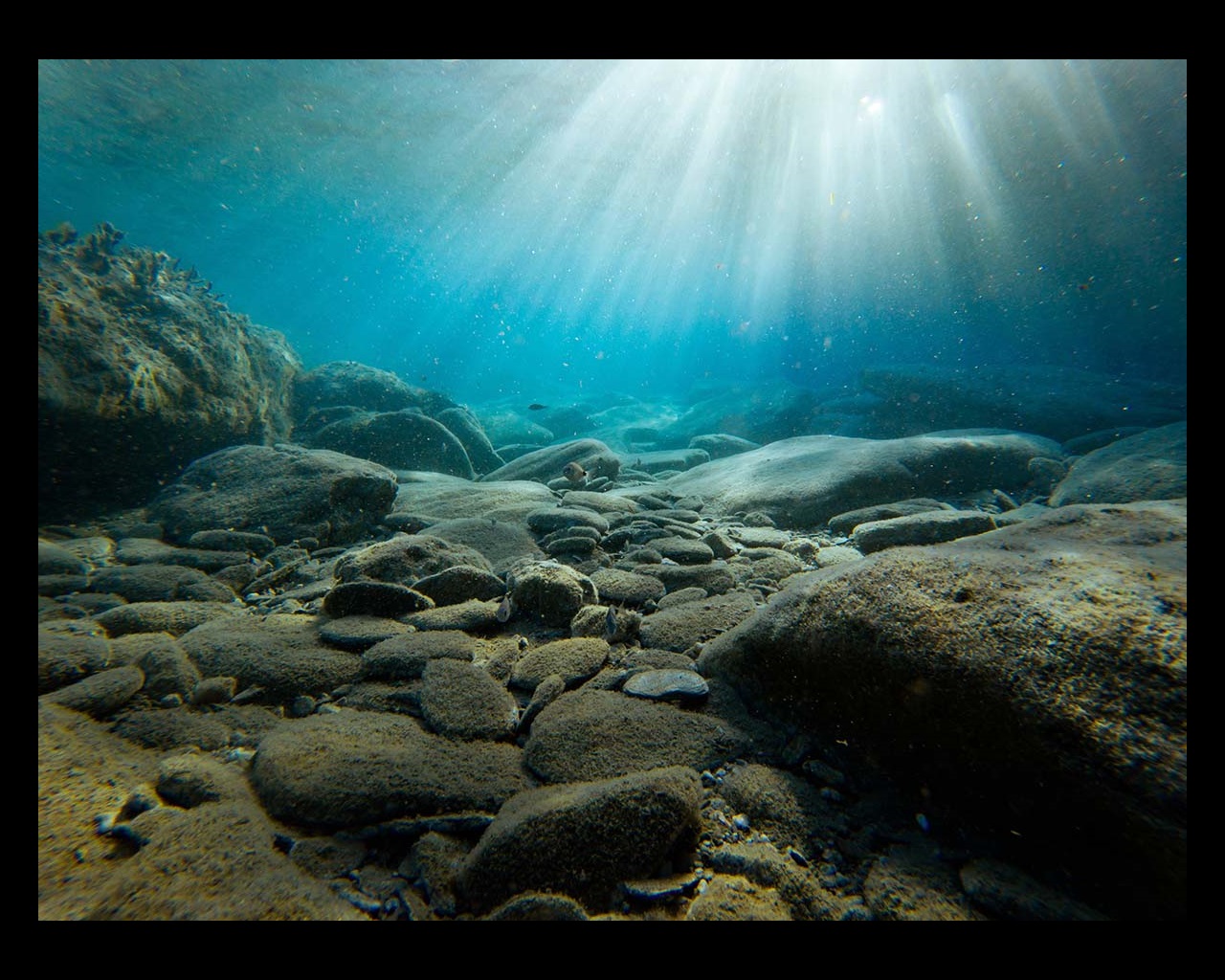
Achieving a Productive and Sustainable Ocean
Ocean Research and Education Are Foundations for Economic Growth
Investments in ocean research and education benefit the economic well-being of nations through greater understanding of devastating environmental hazards, sustainable use of ocean resources, safer and efficient maritime transportation, and a healthier ocean environment for a changing world. AGU calls on policy makers, agencies, educational and research institutions, and private organizations worldwide to forge cooperation and make bold investments that enable scientific discovery and solutions in ocean science to support the global economy.
The ocean and its resources are vital to life and to our livelihood on Earth. The ocean provides efficient global transportation routes and important food and energy resources. It modulates weather and global climate, regulates the supply of fresh water on land, and supports a wealth of biological diversity. This diversity is a source of novel pharmaceuticals and the fisheries which provide essential protein for people the world over. Clean and productive seas play a central role in many cultures and are pivotal for recreation and tourism in coastal communities.
Growing human populations and accelerating environmental change challenge our ability to provide food, energy, and materials, as well as security from natural hazards. Our ocean plays a central role in meeting all of these challenges. AGU advances collaboration and international relationships across the sciences, works with private and government entities, and informs the public on the role of a changing ocean in our lives.
The ocean is a major economic asset for most nations. For example, in 2016 in the U.S., 52% of the population lived in coastal watershed regionsi generating nearly 57% of the nation’s GDPii. Most imported goods (over $1.1 trillion/yr) and exports move through coastal waterways and portsiii. Commercial fishing generates over $36B in income and more than one million jobs, while recreational fishing supports $14B in income and hundreds of thousands of additional jobsiv. In 2015, over 22% of U.S. domestic oil was produced from coastal and offshore watersii.
Internationally, energy infrastructure, military installations and assets, rail and road networks, all crucial for national security, energy, commerce, and transportation, are concentrated along coasts. In our globally connected world, land-locked nations derive many benefits from the ocean such as general commerce and ocean products, and they are impacted by the ocean’s influence on the distribution of rainfall and heat. Innovative opportunities exist in ocean resources, technology, energy, transportation, and tourism.
Nations, people and economies worldwide face mounting risks from rapid changes in the ocean. Protection of life, property, and critical infrastructure requires objective scientific analysis, but it also necessitates an engagement between decision makers, the public, and scientists to address our vulnerabilities to rising sea level, extreme storms, floods, droughts, and tsunamis. We need to know how the atmosphere and ocean function together to affect weather and climate through the exchange of heat and moisture. We need to understand the influence of land use on pollution in coastal seas as well as the transport, fate, and effects of plastic debris in the ocean. We need to understand how deep-sea mining might affect unique ecosystems. Science provides the new knowledge we need to respond to rising sea levels and ocean temperatures, the decline of fisheries, expansion of low oxygen zones, and changes in the chemistry of the ocean caused by increased carbon dioxide such as ocean acidification.
The ability to predict and prepare for changing ocean conditions will depend on scientific research programs, disciplinary and interdisciplinary, international in scope, and involving the ocean sciences with other Earth and social sciences. Greater knowledge and prediction skills are urgent when we consider the effort, time, and costs of protecting infrastructure along coasts, rebuilding fish populations in our seas, developing new water resources for manufacturing and agriculture, and restoring communities in the wake of hazards. Education and engagement of the research community, policymakers, and the public will promote the advancement of shared goals for a healthy environment and vibrant economy. Enhanced international cooperation is required to observe, understand, and predict the ocean on a global scale for the near future and over decades of change ahead, and also to help sustain the well-being and economic benefits provided by the ocean. Public-private-academic partnerships can empower the robust research and education programs needed to understand natural processes and the intersections with human activities. Increased investments in ocean science, technology, and education will be needed to decrease vulnerability of coastal communities; improve safety at sea for the transportation industries; produce new medicines from unique marine bioactive compounds; and improve weather and decadal climate forecasts. These investments will build a foundation for healthy environmental and economic futures of nations around our world.
Adopted by the American Geophysical Union December 2005; Revised and Reaffirmed February 2012, June 2013, September 2018.
iii U.S. Census Bureau, Foreign Trade Division. 2012. FT920: U.S. Merchandise Trade: Selected Highlights December 2011. http://www.census.gov/foreign-trade/Press-Release/ft920_index.html#2011 (accessed April 17, 2012)
iv National Marine Fisheries Service. 2011. Fisheries Economics of the United States, 2010. U.S. Dept. Commerce, NOAA Tech. Memo. NMFS-F/SPO-118, 175p. Available at: https://www.st.nmfs.noaa.gov/st5/publication/index.html.